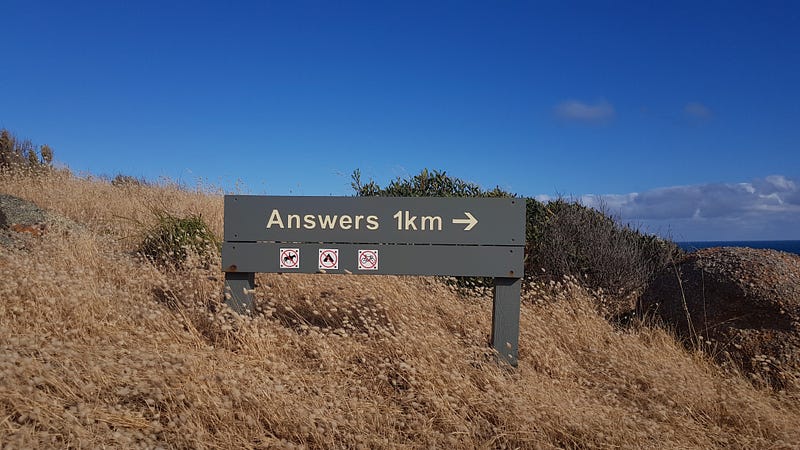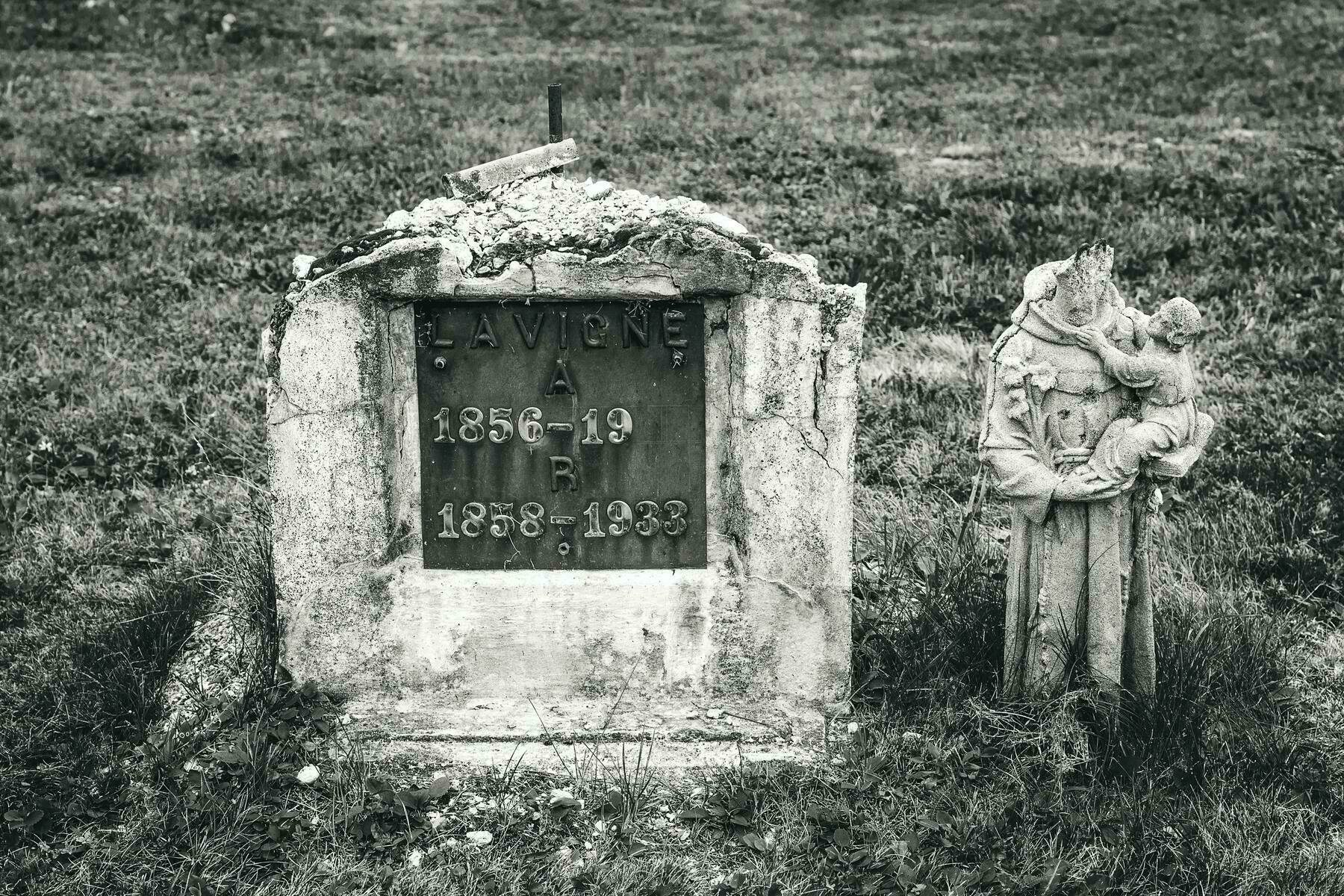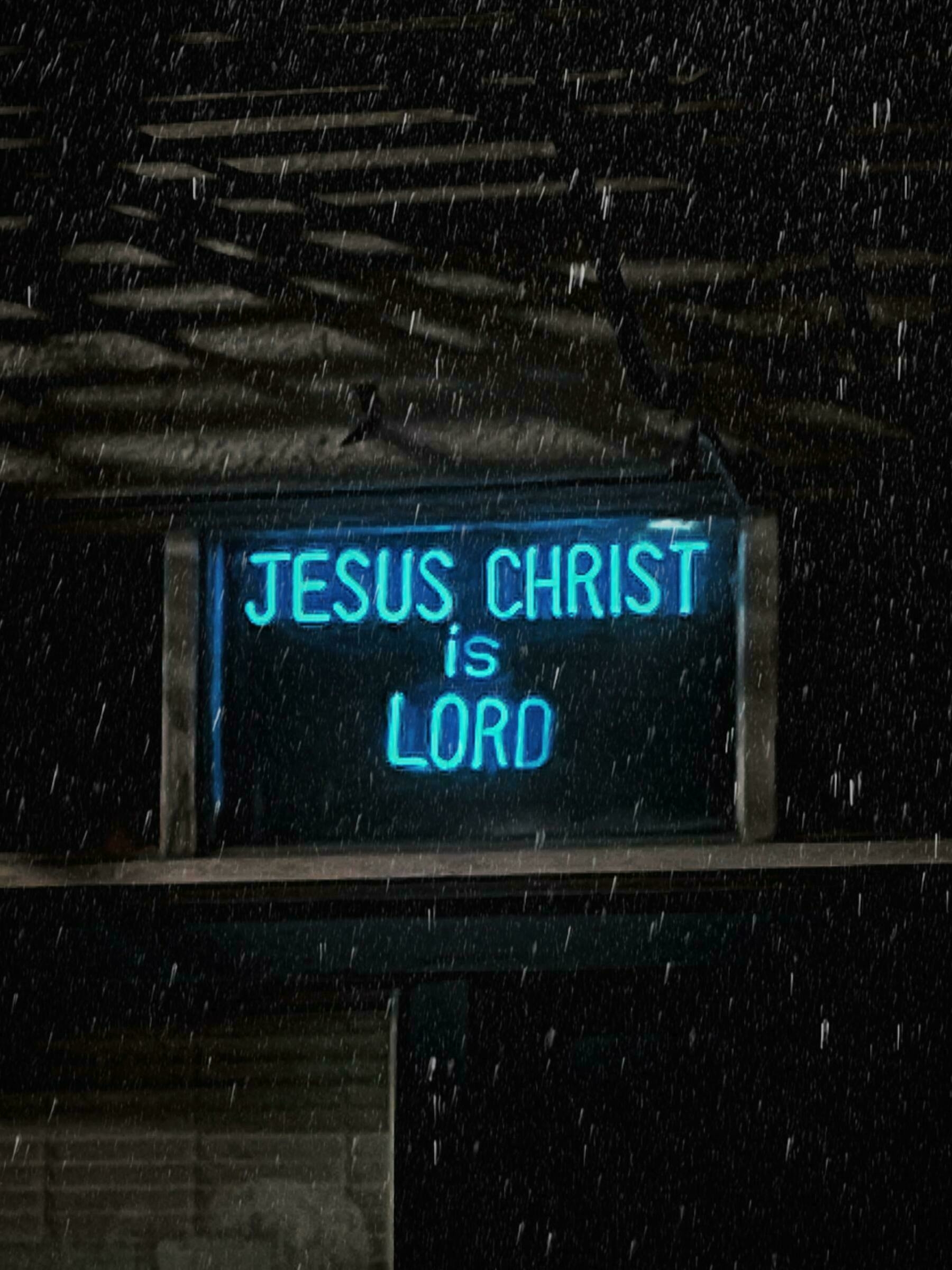John 2:1-12

Three days later there was a wedding in the village of Cana in Galilee. Jesus' mother was there. Jesus and his disciples were guests also. When they started running low on wine at the wedding banquet, Jesus' mother told him, "They're just about out of wine."
Jesus said, "Is that any of our business, Mother—yours or mine? This isn't my time. Don't push me."
She went ahead anyway, telling the servants, "Whatever he tells you, do it."
Six stoneware water pots were there, used by the Jews for ritual washings. Each held twenty to thirty gallons. Jesus ordered the servants, "Fill the pots with water." And they filled them to the brim.
"Now fill your pitchers and take them to the host," Jesus said, and they did.
When the host tasted the water that had become wine (he didn't know what had just happened but the servants, of course, knew), he called out to the bridegroom, "Everybody I know begins with their finest wines and after the guests have had their fill brings in the cheap stuff. But you've saved the best till now!"
This act in Cana of Galilee was the first sign Jesus gave, the first glimpse of his glory. And his disciples believed in him.
After this he went down to Capernaum along with his mother, brothers, and disciples, and stayed several days. // John 2:1-12, The Message
//
I was talking about the gospel of John with a friend the other day. We were talking about where he should start reading in the Bible. And I described each of the four gospels. When I described John, I said it feels like it was written by a good friend of Jesus’ who was telling the story from his perspective. It’s so different from the other gospels. It has this stream of consciousness feel to it for me. It starts with this deep philosophy about the Word being God and all that, then all of a sudden we are at a wedding and Jesus is making wine.
When you study the Gospel of John in depth you realize there is organization and a purpose to everything he writes. Yet, it still cracks me up that we go from philosophy and theology to partying.
We bounce back and forth in John from the deep and heady to the down and dirty real world stuff.
As I think about this story, the thing that strikes me most is, presence. Jesus was there. He was at the party. Not only that, but Jesus brought the disciples with him. You would think that a wedding would be a bit below the divine Son of God, wouldn’t you? I mean, doesn’t Jesus have better things to be doing rather than chilling at a wedding reception? He could be healing some people or teaching his disciples about the mysteries of the universe. But, no. He’s at a wedding reception. This reception must have been a banger too, they were almost out of wine.
Did you catch the detail we pick in what the host says to the bridegroom? Most people bring out cheap wine after everyone is drunk, but not this guy, he brings out the good stuff! This party was on point and it was not stopping. Jesus’ mom, Mary, was going to make sure of it.
But, again, the heart of this story is presence. Jesus showed up at the wedding feast. He was there.
For those of us that are Christians, are we “there”? Do we show up? Are we present in the world? Or do we hide in our holy huddles, sit back, and judge all those people.
It’s funny, I host a conversation each week called Doubt on Tap at a local bar. That makes a lot of folks in my religious sphere uncomfortable. They don’t like the idea that a pastor is drinking an alcoholic beverage (1) and is in a place where many people are drinking alcoholic beverages (2) and that the people that I spend time with are not “church” people. I can’t tell you how many times people have asked me, “Is that really the message you want to send?”
Yep. It is.
I’m pretty sure that Jesus would be more likely to be found in our bars and pubs than in some of our churches.
Does that make you uncomfortable? It’s OK. It made the religious people of Jesus’ day uncomfortable too.
What’s your wedding feast? Where are you being invited as a guest? Go show up and be present.
It’s what Jesus would do.













